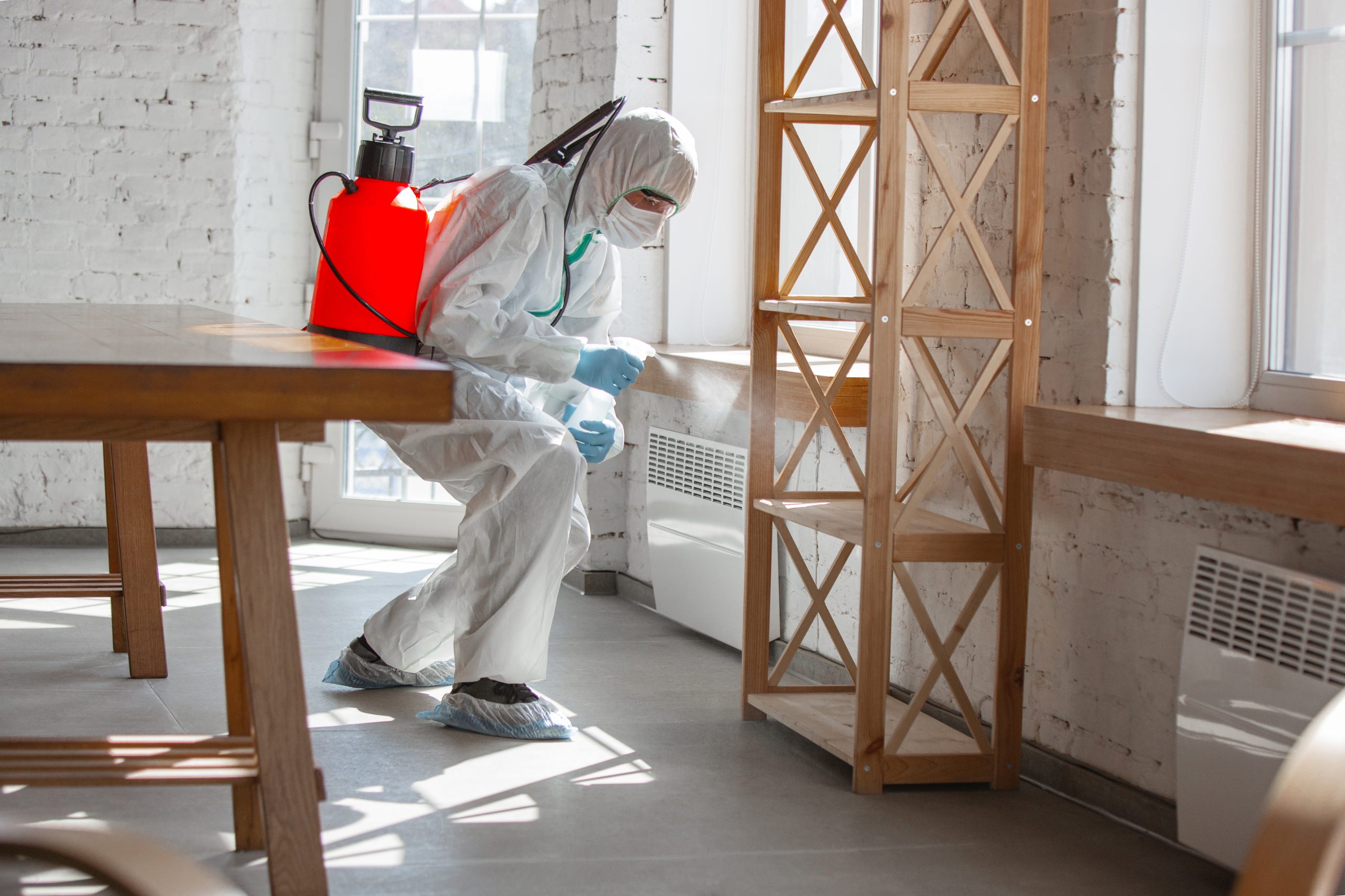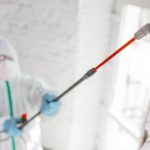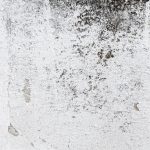
In humid regions like Southwest Florida, mold prevention is an essential part of home maintenance. The warm, moist climate in cities like Naples, Fort Myers, Cape Coral, and Bonita Springs provides ideal conditions for mold growth, which can lead to respiratory issues, allergies, and even structural damage if left unchecked. Adopting regular maintenance practices can go a long way in keeping your home mold-free and healthy. Here’s a guide to the best practices for mold prevention in humid climates, tailored specifically to the Southwest Florida region.
1. Control Humidity Levels Indoors
High indoor humidity is one of the biggest contributors to mold growth. Mold thrives in moist environments, so keeping humidity levels below 60% is essential for prevention. Using dehumidifiers, especially in moisture-prone areas like basements, bathrooms, and kitchens, can significantly reduce the risk of mold.
- Tip: Set up a hygrometer in your home to monitor humidity levels, and consider investing in a whole-house dehumidifier for consistent control.
- Bonus: Running the air conditioner can also help lower indoor humidity, as it pulls moisture out of the air.
2. Ensure Proper Ventilation
Good ventilation helps prevent moisture buildup, which is key in humid climates. Proper airflow dries out moisture-prone areas, reducing the likelihood of mold growth.
- Tip: Use exhaust fans in bathrooms, kitchens, and laundry rooms to vent moisture outside, and consider installing an attic fan for better air circulation.
- Local Advice: In Southwest Florida, opening windows on drier days can help improve air circulation naturally, especially if you live near the coast where sea breezes can assist in ventilation.
3. Regularly Inspect for Leaks and Water Damage
Water leaks can lead to hidden mold growth behind walls, under floors, or in other hard-to-see areas. Performing routine checks for leaks in plumbing, roofs, and basements can prevent water buildup that leads to mold.
- Tip: Inspect under sinks, around toilets, in basements, and near appliances like dishwashers and washing machines. Also, check the attic and roof for any signs of leakage after heavy storms.
- Example: Homes in Bonita Springs and Cape Coral may be at higher risk of roof leaks after tropical storms or hurricanes, making regular inspections crucial.
4. Use Mold-Resistant Products When Renovating
If you’re planning to remodel or update parts of your home, consider using mold-resistant materials in moisture-prone areas. Mold-resistant drywall, paint, and insulation are specifically designed to reduce the risk of mold growth and can be a worthwhile investment in a humid climate.
- Tip: Opt for waterproof flooring options like vinyl or tile in areas with high moisture, as these materials are less likely to absorb water and create conditions for mold.
5. Install and Maintain a Sump Pump in Basements
Basements can be especially vulnerable to water buildup, which makes them prone to mold growth. A sump pump can prevent water from accumulating by pumping it out and away from your foundation.
- Tip: Install a sump pump with a battery backup so it can operate even during power outages, which can happen during storms.
- Example: In Fort Myers and surrounding areas, where heavy rains and flooding are common, a reliable sump pump can be a game-changer for mold prevention in basements.
6. Clean and Dry Wet Areas Promptly
Mold can start growing within 24 to 48 hours in a damp environment, so it’s crucial to clean and dry wet areas promptly. Whether it’s a spill, leak, or simply moisture from cooking or showering, immediate drying can prevent mold from taking hold.
- Tip: After showering, wipe down bathroom tiles and mirrors to remove excess moisture, and mop up any spills or water splashes in the kitchen right away.
7. Avoid Carpeting in Moisture-Prone Areas
Carpets can trap moisture, providing a perfect environment for mold spores to grow. It’s best to avoid carpeting in areas like bathrooms, basements, and entryways where moisture is frequently present.
- Tip: If you prefer a soft flooring option, opt for area rugs that can be easily removed and dried if they get wet.
8. Maintain Your HVAC System
Your HVAC system plays a crucial role in controlling indoor humidity, but it can also harbor mold if not properly maintained. Regular cleaning and maintenance ensure that your HVAC system is free from mold, dust, and debris.
- Tip: Change HVAC filters every 1-3 months, and have your system professionally serviced at least once a year to check for mold or moisture buildup.
- Extra Benefit: Clean filters improve air quality, which is beneficial for residents with allergies or respiratory issues.
9. Improve Drainage Around Your Home
Water pooling around your home’s foundation can lead to basement leaks and increased humidity, both of which contribute to mold growth. Ensuring proper drainage around your home can prevent water from seeping into your basement or crawl spaces.
- Tip: Make sure gutters and downspouts are clear and direct water at least 6-10 feet away from your home’s foundation. Consider installing French drains or re-grading the landscape if water tends to collect around your home.
10. Use Mold-Resistant Sealant on Basement Walls
Applying a mold-resistant sealant to basement walls and floors can create a moisture barrier that prevents water from seeping through. This can be especially helpful in Southwest Florida, where the ground is often damp and humid.
- Tip: Choose a waterproofing sealant specifically designed for basements, and reapply as needed to maintain effectiveness.
11. Keep an Eye Out for Musty Odors
A musty smell is often one of the first signs of mold, even if it isn’t visible. If you notice a persistent musty odor in your home, especially in places like basements or bathrooms, it’s a good idea to inspect for hidden mold or call a professional.
- Tip: Regularly airing out closets, basements, and storage rooms can help prevent musty odors and reduce the risk of mold.
12. Schedule Regular Mold Inspections
Annual or semi-annual mold inspections can help catch potential issues early. This is particularly important in Southwest Florida’s humid climate, where mold can grow quickly. Regular inspections allow professionals to identify problem areas and provide recommendations for prevention.
- Tip: Consider a professional inspection after the rainy season or if you’ve recently experienced water damage.
Contact QCI Online for Mold Prevention Help in Southwest Florida
For homeowners in Naples, Fort Myers, Cape Coral, Bonita Springs, and nearby areas, professional assistance can make all the difference in mold prevention. At QCI Online, we specialize in mold inspections, prevention, and remediation. With over 28 years of experience, we’re dedicated to helping Southwest Florida residents keep their homes safe, healthy, and mold-free.
Our services include:
- Comprehensive Mold Inspections: We use advanced technology to identify mold-prone areas and provide recommendations for prevention.
- Mold Remediation: If mold is already present, we offer effective, chemical-free remediation solutions.
- Preventive Guidance: Our team offers practical advice on humidity control, ventilation, and water management to help you maintain a mold-free home.
Contact Us
If you’re looking for professional mold prevention and inspection services, reach out to QCI Online today. Serving Naples, Fort Myers, Cape Coral, Bonita Springs, and beyond, we’re here to help Southwest Florida homeowners protect their properties. Visit our website at qci-online.com or call us at (239) 777-2875 to learn more or schedule an inspection.
With these maintenance practices and professional support, you can enjoy a healthy, mold-free home environment, even in Southwest Florida’s challenging climate.






